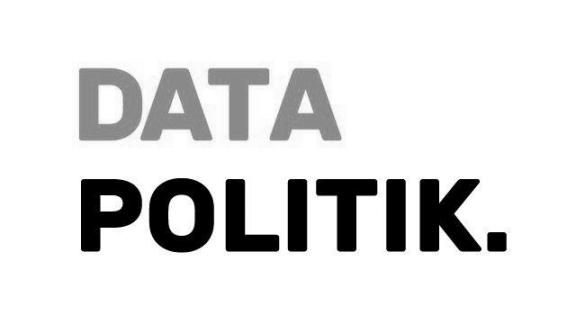An exploration of activist practices to counter hate speech in a networked public sphere
| Publication type |
thesis
|
|---|---|
| Author | |
| Body |
Online hate speech has become a key threat to the diversity and plurality of public discussion in an increasingly complex networked public sphere. Beyond institutional-based and algorithmic-based solutions, some organizations and citizens are creating their own tactics of response to online harmful messages. At the same time, they seem to serve for bolstering their political agency as counterpublic actors. These tactics involve a technopolitical grammar that can be addressed through three main dimensions: the syntactic (technical and relational possibilities of the platforms), the semantic (self-construction of narratives to counteract hate speech) and the pragmatic (articulation of social practices). The aim of the present thesis is to describe and to analyze the most prominent practices of responding to online hate speech led by activists and other users in the context of social media in Spain. The priority is to focus on Twitter due to its influence in the public debate, the availability of data for researchers and the apparent commitment of its owners to tackle context-related problems between users. However, an adequate observation of these practices may include the analysis of other social media sites such as TikTok, Instagram, and others. The methodology proposed is based on mixed-methods, a pragmatic approach and a technopolitical model of analysis. The phenomena will be analysed through the triangulation of qualitative methods -such as interviews to relevant social actors and critical discourse analysis of their messages on social media- and computational methods -from the field of social networks analysis and natural language processing- which are expected to be useful to learn about how potentially harmful information flows and how it can be stopped and countered. Considering some actors might be socially vulnerable, strong reflection and preventive action on ethical concerns are central points to this research.
Director: Antonio Calleja-López, Co-director: Emanuele Cozzo, Advisor: Guiomar Rovira Sancho.
(Thesis in development phase)
|
| Year |
2021
|
Project

